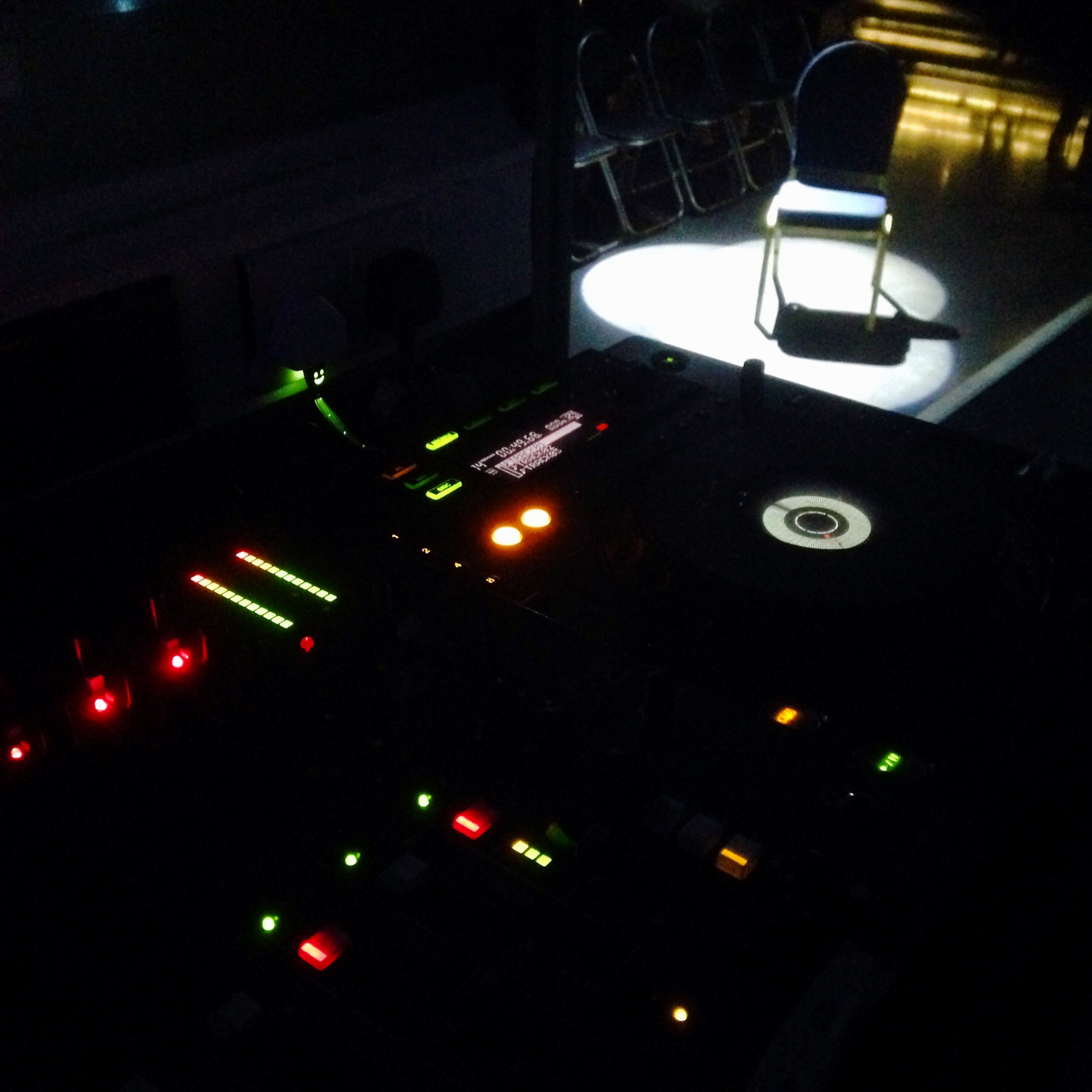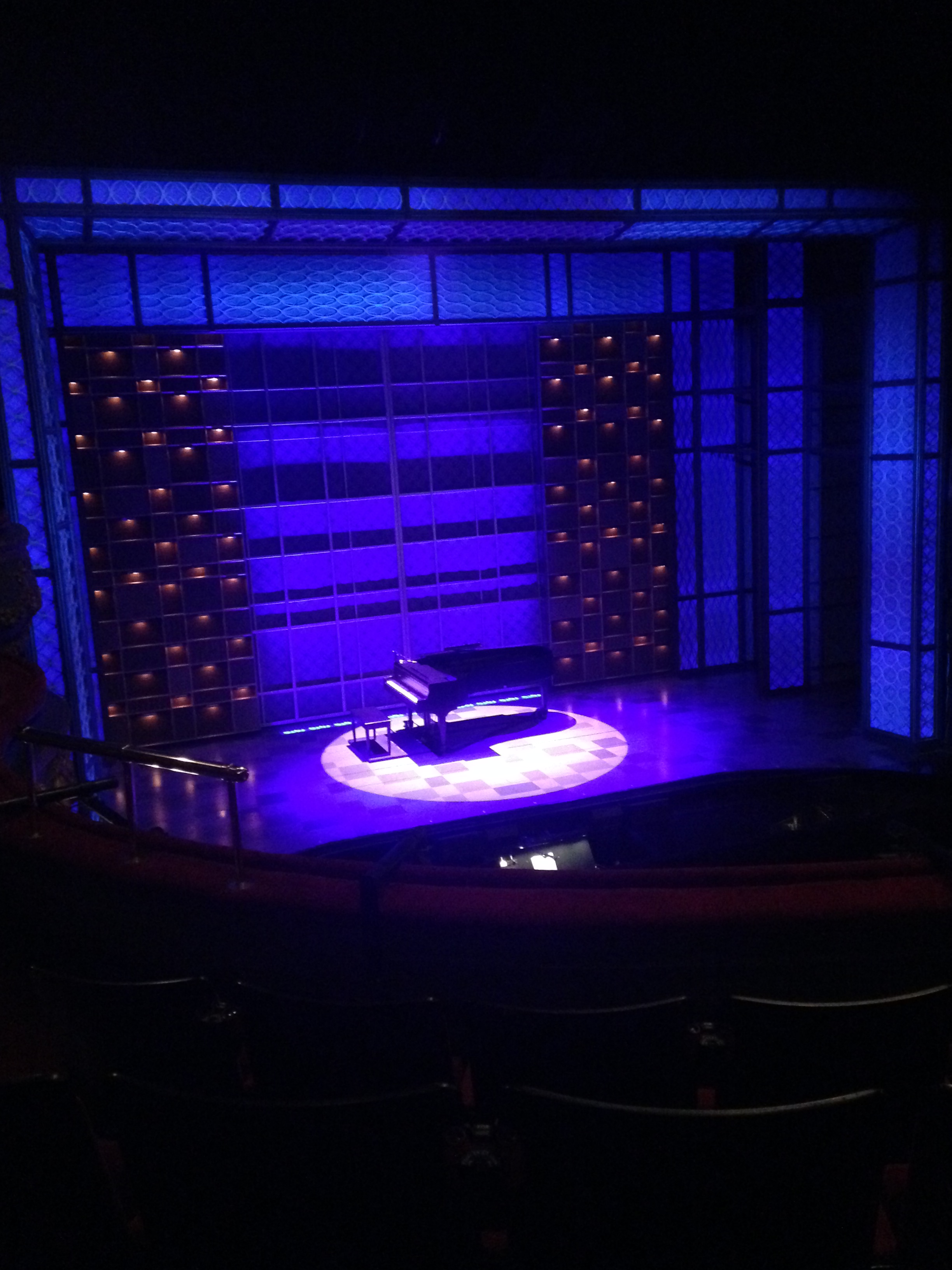… but didn’t know one to ask.
Recently, I was invited to teach a seminar on sound design to the Stage Management and Technical Theatre students at the Academy of Live and Recorded Arts (ALRA) in London. During the Q&A, I realised the questions they were asking are ones I’ve been answering for most of my career, and not only from students. Directors, producers, other designers, and colleagues in other sound disciplines all have one question in common: what does a Theatre Sound Designer do?
Here are a few of the most common questions I’ve been asked over the years, with my responses, to help answer that question.
Sound Designer or Sound Engineer – What’s the difference?
In the theatre world, the sound engineers are the people operating the show from FOH and managing the onstage sound – the Sound No. 1, 2 & 3 positions, also called Sound Operators. They’re the ones pushing faders, swapping mic packs and making sure the sound runs for every show. The Sound Designer is the person responsible for creating the sound – they’ve chosen the sound system, programmed the desk, crafted the soundscapes, set the levels in the venue. Once a show is bedded in and previews and press night are done, the Sound Designer hands the show over to the Head of Sound (Sound No. 1) to manage it through its run.
How much of your work is technical and how much is creative?
The technical/creative split depends on the show, but I tend to think of it as a 50/50 split. A great deal of the creative parts of sound design is the stuff that happens in our studios: creating complex, layered soundscapes, music and effects. It’s important to remember that dealing with the technical aspect of sound design will always involve creative decisions – from speaker placement to mic choice, often it’s about your personal preference. My technical skills always inform my creative choices at all stages of the sound design process.
Do you have to have studied sound or be a Sound Engineer to be a Sound Designer?
Short answer: yes. Not necessarily formally, although if you don’t plan on doing a formal qualification, I’d recommend an intensive practical apprenticeship. Long answer: definitely yes. As a sound designer, you have the overall responsibility for all the sound for a show. That means knowing it inside out from every technical and creative angle. You must design the sound system or figure out how to work with the existing system. You decide what types of mics to use for the cast and instruments. You will create evocative soundscapes and program layers of sound in a playout system; you have to be across it all.
Do you have to be a Composer to be a Sound Designer?
No, there are plenty of very successful Sound Designers who don’t compose music. Equally, it can be a very useful skill and could make you more employable. It’s quite common in these cash-strapped times for a production to hire a Composer or a Sound Designer for a play and expect them to be both composer and designer. This can mean a production might have great music and average sound, or vice versa, depending on the various skills of the person hired. Or the sound operator has to take over some of the sound design responsibilities for composers who lack the technical know-how. If you can do both, you may be able to solve a lot of problems for a production.
Even if the composition isn’t something you want to learn, I would recommend every budding Sound Designer learns how to score read, especially if you want to design musicals or anything with a strong musical element.
How much creative control does the Sound Designer have over the sound of a show?
Otherwise known as “how much do you have to do exactly what the director wants?” As with everything when you’re working with a team: it depends on the show. On some shows, I’ve had a lot of creative control over the sound, usually because the director and I shared a clear vision, being trusted by a director with whom I have an established relationship. I can also end up with a lot of control over the direction of the sound design for a show when a director doesn’t know much about sound and prefers to leave it to an expert.
In other shows, the director might have a very defined idea of what they want the sound of the show to be. On shows like these, my job has been less creative and more about sourcing the exact sounds the director wants and make sure they’re programmed to play out at the right times.
 A sound designer is an important and vital member of a creative team and you should be prepared to make and defend big and difficult creative decisions. You should also know when to concede in favour of the bigger picture, or for the good of your continued working relationship with a team.
A sound designer is an important and vital member of a creative team and you should be prepared to make and defend big and difficult creative decisions. You should also know when to concede in favour of the bigger picture, or for the good of your continued working relationship with a team.
The biggest lesson I’ve learned when it comes to creative control is this: when the curtain goes up on press night, if the show is rubbish, it’ll be the director who’ll receive the most criticism. Sure, if feedback loops concuss the audience’s ears every few minutes, you’ll probably be in the firing line, but the overall creative responsibility for a show rests on the director’s shoulders. Unless you’re a designer/director, it is never “your” show.
With big thanks to the first and second-year Stage Management and Technical Theatre students at ALRA for the material for this month’s post.
